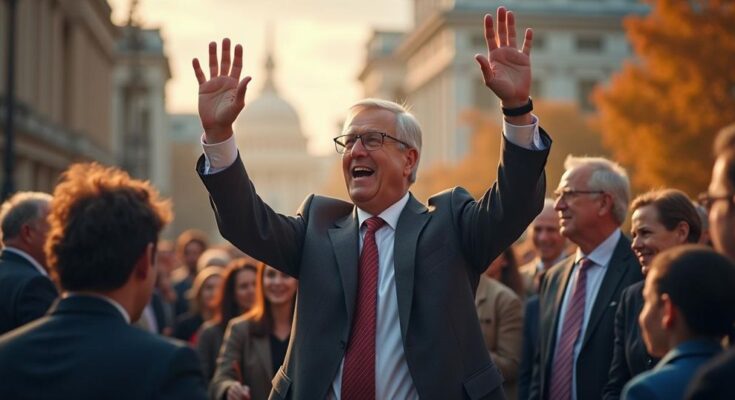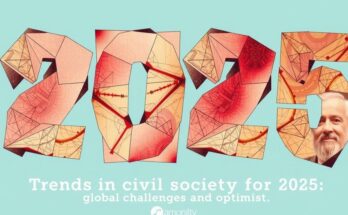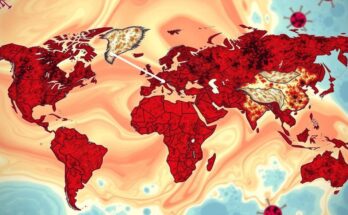In a politically charged landscape, Jeremy Jones aims to initiate constructive dialogues on climate change through his documentary, “Purple Mountains Live Free or Die.” Reflecting on his experiences, Jones highlights the challenges of engaging various political viewpoints while celebrating the enthusiasm of youth in outdoor activities. He advocates for renewed trust in science and increased voter participation to facilitate significant climate action, emphasizing the need for unity beyond political divides.
In a climate marked by political tension, Jeremy Jones, professional snowboarder and founder of Protect Our Winters, seeks to bridge divides through dialogue on climate issues. Following the release of his documentary “Purple Mountains” two years ago, which highlighted the impacts of climate change on outdoor environments, Jones recognized the urgent need to address the avoidance of constructive conversations about climate due to its politicization. Therefore, he produced a sequel, “Purple Mountains Live Free or Die,” set to tour across the United States, beginning in Bozeman, Montana. Jones’ latest documentary, at just over 30 minutes in length, revisits his New England roots, particularly focusing on New Hampshire, known for its political diversity. While his previous work showcased snowboarding adventures, this film confronts the significant challenges of discussing climate change in today’s polarized environment. Jones detailed how some intended interviewees, particularly outdoor-loving Republicans, proved difficult to engage, a reflection of the broader societal reluctance to discuss climate amidst escalating political hostility. But he emphasized the importance of maintaining relationships across ideological lines, citing his friendship with a hard rock miner despite their differing views. Amidst these obstacles, Jones finds hope in younger generations. He expressed joy in witnessing the enthusiasm of New Hampshire’s youth, as evidenced by their passion for skiing—an experience he found both uplifting and poignant. The documentary also highlights community leaders like Mardi Fuller, who strive to increase outdoor access, emphasizing that all individuals deserve the freedom to enjoy natural spaces and contribute meaningfully to environmental stewardship. Jones articulates a desire for his film to inspire a renewed trust in science and a sense of urgency regarding the climate crisis, stressing that current denial and discussion around climate change should not be entangled with identity politics. He critiques the entrenched interests of the fossil fuel industry in perpetuating these political divides, cautioning that genuine progress hinges on convincing elected officials to prioritize climate action devoid of political allegiances. He noted, “The only way we’re going to get real progress is to send a clear message to our elected officials that we want them to take the climate seriously and push for real CO2 reducing policies.” Ultimately, Jones calls for greater voter participation as a means of enhancing democracy and ensuring climate issues are prioritized. He argued that a more engaged electorate could diminish the influence of climate denialism in political offices. With the pivotal upcoming elections, he implored, “in order for democracy to work, it requires participation.”
The article discusses Jeremy Jones’ efforts to facilitate meaningful conversations surrounding climate change amid a politically charged atmosphere. Highlighting his experiences in producing the documentary “Purple Mountains Live Free or Die,” Jones reflects on the challenges of uniting differing viewpoints within the context of climate discourse. The discussion emphasizes the role of outdoor enthusiasts and the youth in fostering unity and tackling climate issues, while also addressing the larger systemic changes required to advance the climate agenda in the face of political opposition.
Jeremy Jones’ film “Purple Mountains Live Free or Die” aims to rekindle trust in scientific evidence while advocating for a collective approach to climate action. By navigating the intricacies of political discourse, Jones emphasizes the necessity of dialogue across ideological divides, particularly in promoting access to outdoor activities for all demographics. Ultimately, he urges greater voter engagement to ensure climate concerns achieve the necessary political attention, signaling that participatory democracy is vital in addressing the climate crisis.
Original Source: www.theinertia.com




